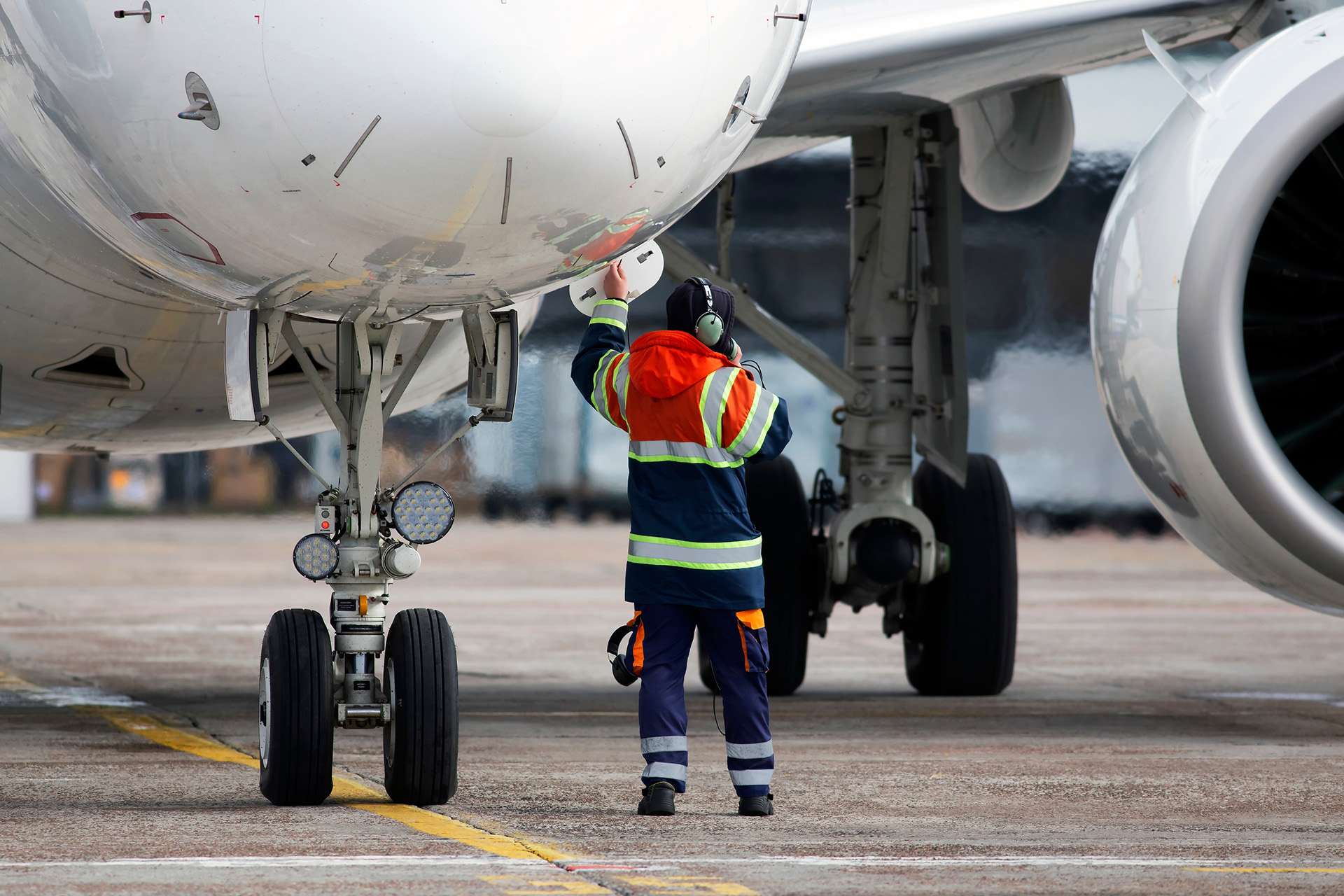Rationale
The aviation industry continues to require a human interface in the production and maintenance of aircraft, helicopters, engines and the associated components. Mandatory Occurrence Reporting and industry engagement demonstrates the ongoing challenges faced by modern day aviation engineering, specifically maintenance personnel, endeavouring to conduct their duties to the highest standards in order to maintain the levels of safety within the industry.
Industry technology advances, expectations of cheaper travel, industry forecast growth and maintaining a workforce both capable, and with the capacity to support the industry are just a few of the challenges faced by all sectors of the aviation industry. Reducing maintenance errors and the impact these have on the performance of aircraft and helicopters is a fundamental factor to improving industry safety performance.
CAA publication CAP 1145 recommended the action of engaging industry on improving maintenance standards.
Action A31 from CAP 1145: ‘The CAA will form an Offshore Maintenance Standards Improvement Team with the offshore helicopter operators with the objective of reviewing the findings at Annex F to the CAA Strategic Review of the Safety of Offshore Helicopter Operations and making proposals to achieve a step change in maintenance standards’ has now been adopted as the reference to all industry working groups.
The CAA identified that whilst there would be synergies across all sectors, the challenges faced within certain specialities may differ and require specific focus to achieve improvements.
Outcomes
- Enhanced maintenance performance to reduce the frequency of maintenance induced errors
- Improved industry engagement in areas of maintenance supervision, planning, engineer responsibilities, competence, training, the adoption of procedures
- Improved organisational safety culture
Actions
- Eight industry maintenance standard improvement (A31) working groups are now established and controlled via a regulatory Governance Board. The groups include Part 145 (Large Commercial Air Transport and Corporate Aviation), Part M, Part 147, Part 21 G Production (Primes and Small Medium Enterprises), Rotorcraft (Onshore and Offshore). Overall industry is represented by 53 organisations, across all working groups. Working collaboratively the groups are established currently focussing on the development of guidance documents relating to specific areas of maintenance standards improvements identified during initial scoping meetings.
- Offshore helicopters: The group has continued developing a workstream specifically looking at the management of Human Factors and Fatigue Risk Management. Given the potential synergies with other sectors of aviation, inputs from other groups will be considered and included in any future guidance material.
- Onshore helicopters: With all working groups now established, and a common theme of assessing competency identified, the onshore helicopter working group are developing guidance of assessing competence across both Part 145 and Part M Functions. Recognising systemic issues with competency within Part M organisations, the group will be provided with Subject Matter Expertise from the CAMO working group, relating to assessing competency of functions within the Part M.
- Fixed Wing (Corporate): The development of the group continues, with detailed discussions on specific sector issues and the identification of a topic to address.
- Production: Two sub-groups (primary and medium/small enterprises) to take on the additional agenda item of A31, with a focus on engineering capacity and training.
- Large Fixed Wing: Part 145 and the Part 147 working groups have met for the first time in the final quarter of 2017. The groups are benefitting from the maturity of the other working groups and progressing the identification and adoption of themes, where there would be benefits in the creation of guidance material that is currently not being addressed via one of the other working groups.

